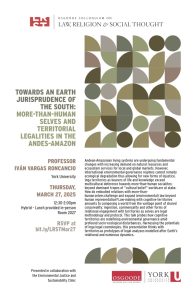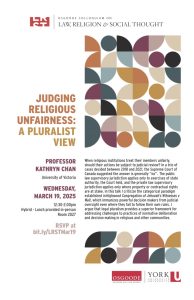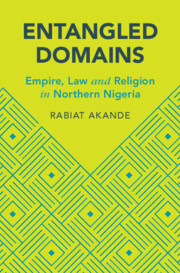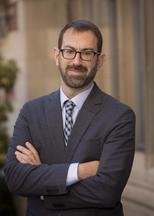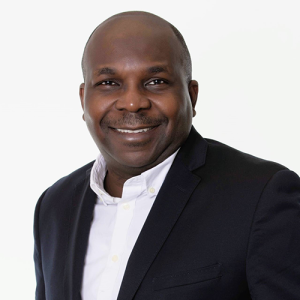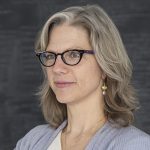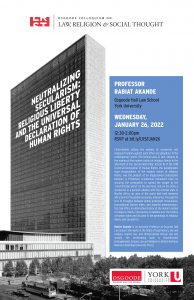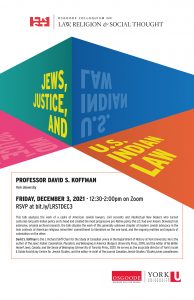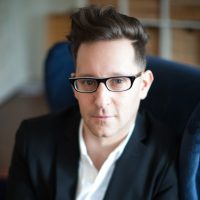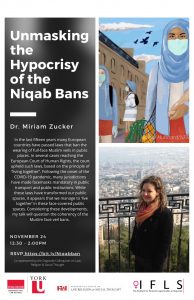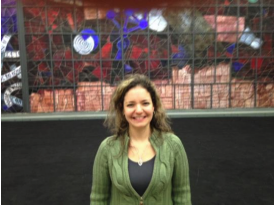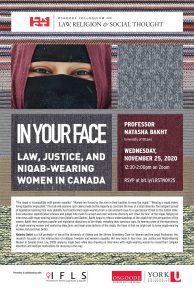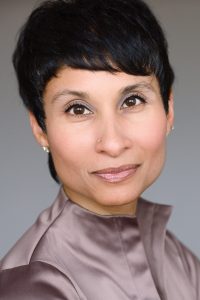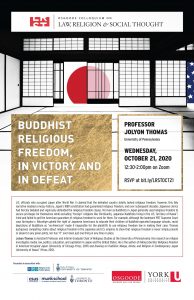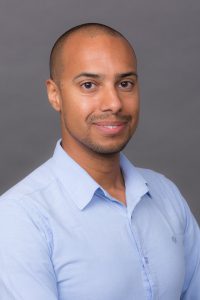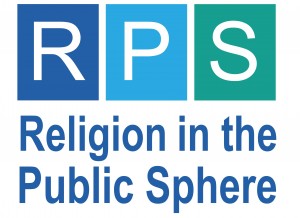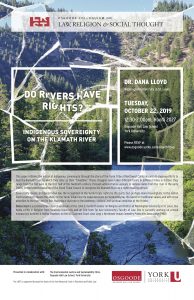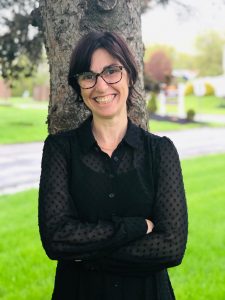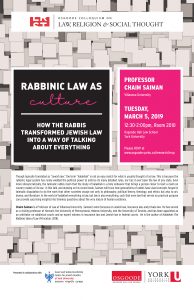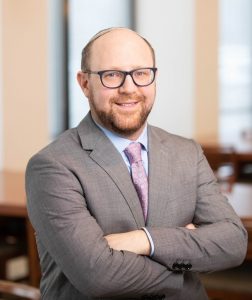“Towards an Earth Jurisprudence from the South: More-than-human Selves and Territorial Legalities in the Andes-Amazon”
Professor Iván Vargas Roncancio
Room 2027, Osgoode Hall Law School, York University and by Zoom
Register: https://bit.ly/LRSTMar27
Andean-Amazonian living systems are undergoing fundamental changes with increasing demand on natural resources and ecosystem services for local and global markets. However, international environmental governance regimes cannot remedy ecological degradation thus allowing for new forms of injustice. Inga territories as bearers of life and knowledge exceed multicultural deference towards more-than-human socialites: beyond dominant tropes of “cultural belief” worlds are at stake. How do embodied relations with more-than-human selves challenge and expand (environmental) law beyond human representation? Law-making with cognitive territories amounts to composing a world from the vantage point of shared corporeality: ingestion, commensality and other forms of relational engagement with territories as selves are legal methodology and protocol. This talk probes how cognitive territories are redefining environmental governance amid profound socio-ecological disturbances. Harnessing the potentials of Inga legal cosmologies, this presentation thinks with territories as prototypes of legal analyses modelled after Earth’s relational and numinous dynamics.
 Iván Vargas Roncancio is an Assistant Professor in the Law and Society Program at York University. research focusses on Earth law and the rights of nature; Indigenous legal cosmologies in Amazonia; anthropology of plant-human relations, and critical pedagogies. He is the author of the recent monograph, Law, Humans and Plants in the Andes-Amazon: The Lawness of Life (Routledge Law, Justice, and Ecology book series, 2024).
Iván Vargas Roncancio is an Assistant Professor in the Law and Society Program at York University. research focusses on Earth law and the rights of nature; Indigenous legal cosmologies in Amazonia; anthropology of plant-human relations, and critical pedagogies. He is the author of the recent monograph, Law, Humans and Plants in the Andes-Amazon: The Lawness of Life (Routledge Law, Justice, and Ecology book series, 2024).
In collaboration with the Environmental Justice and Sustainability Clinic at Osgoode Hall Law School.

